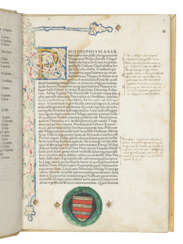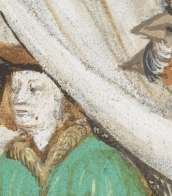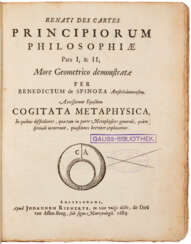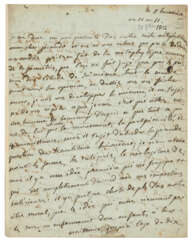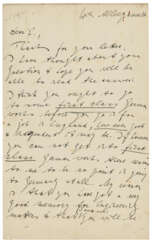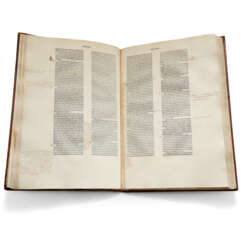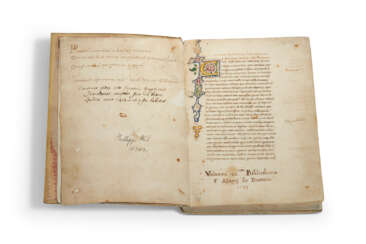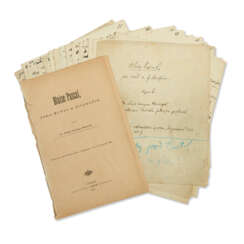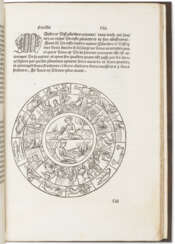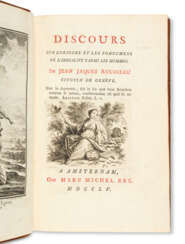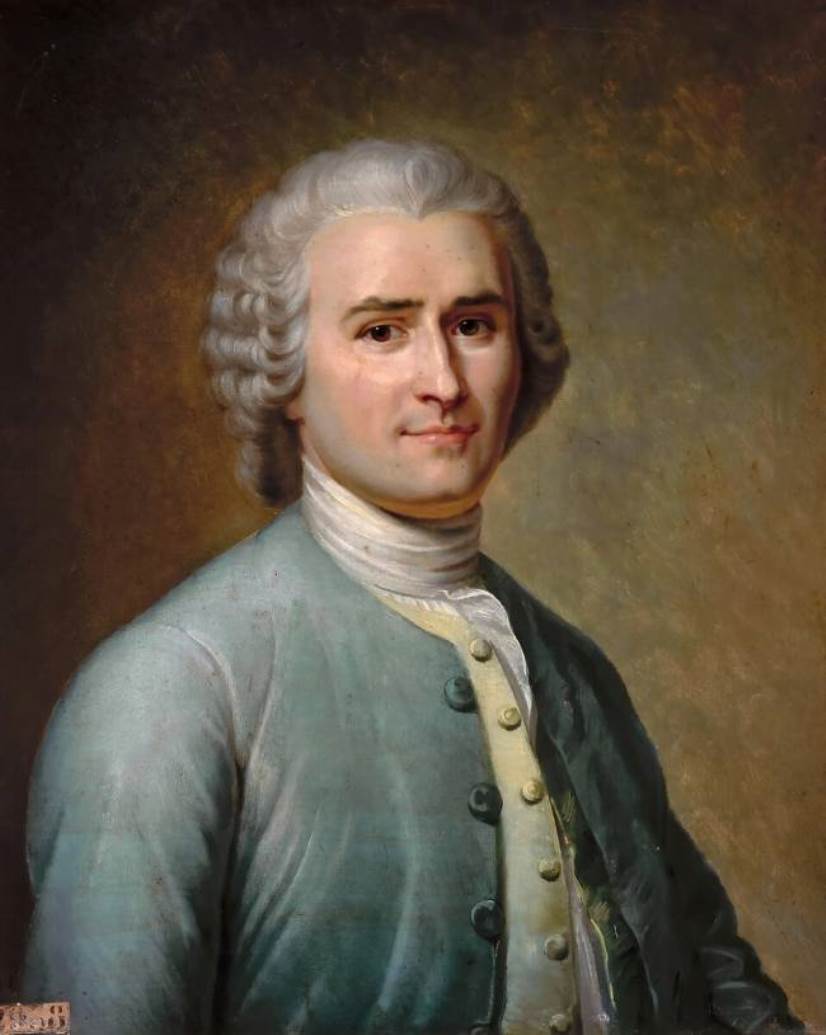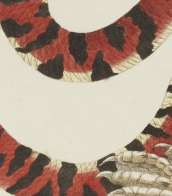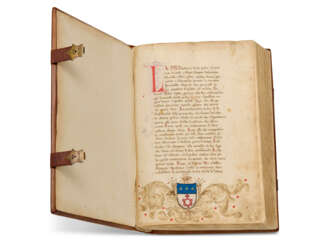philosophy
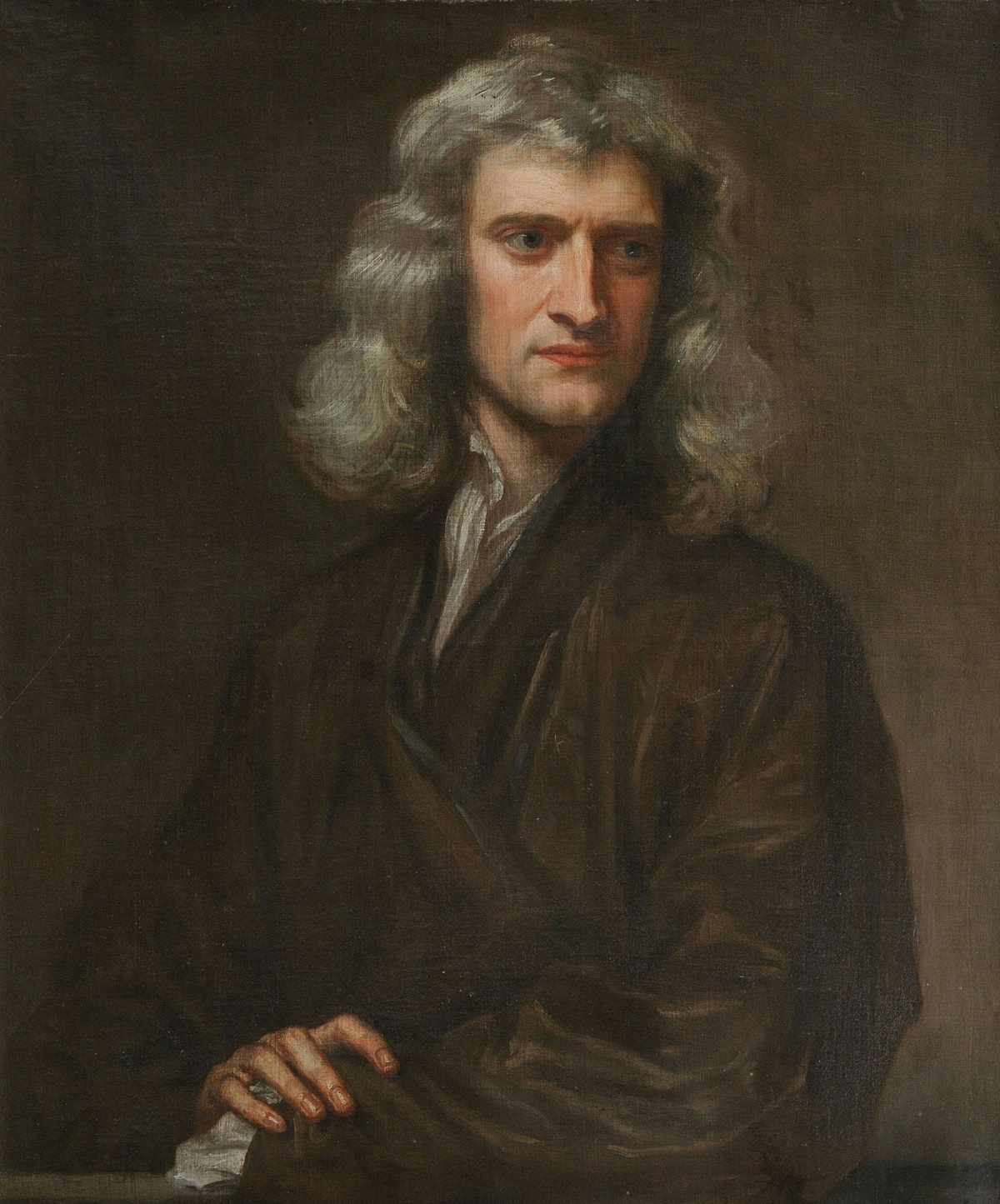
Isaac Newton was an English mathematician, physicist, astronomer, alchemist, theologian, and author (described in his time as a "natural philosopher"), widely recognised as one of the greatest mathematicians and physicists and among the most influential scientists of all time. He was a key figure in the philosophical revolution known as the Enlightenment. His book Philosophiæ Naturalis Principia Mathematica (Mathematical Principles of Natural Philosophy), first published in 1687, established classical mechanics. Newton also made seminal contributions to optics, and shares credit with German mathematician Gottfried Wilhelm Leibniz for developing infinitesimal calculus.
In the Principia, Newton formulated the laws of motion and universal gravitation that formed the dominant scientific viewpoint until it was superseded by the theory of relativity. Newton used his mathematical description of gravity to derive Kepler's laws of planetary motion, account for tides, the trajectories of comets, the precession of the equinoxes and other phenomena, eradicating doubt about the Solar System's heliocentricity. He demonstrated that the motion of objects on Earth and celestial bodies could be accounted for by the same principles. Newton's inference that the Earth is an oblate spheroid was later confirmed by the geodetic measurements of Maupertuis, La Condamine, and others, convincing most European scientists of the superiority of Newtonian mechanics over earlier systems.
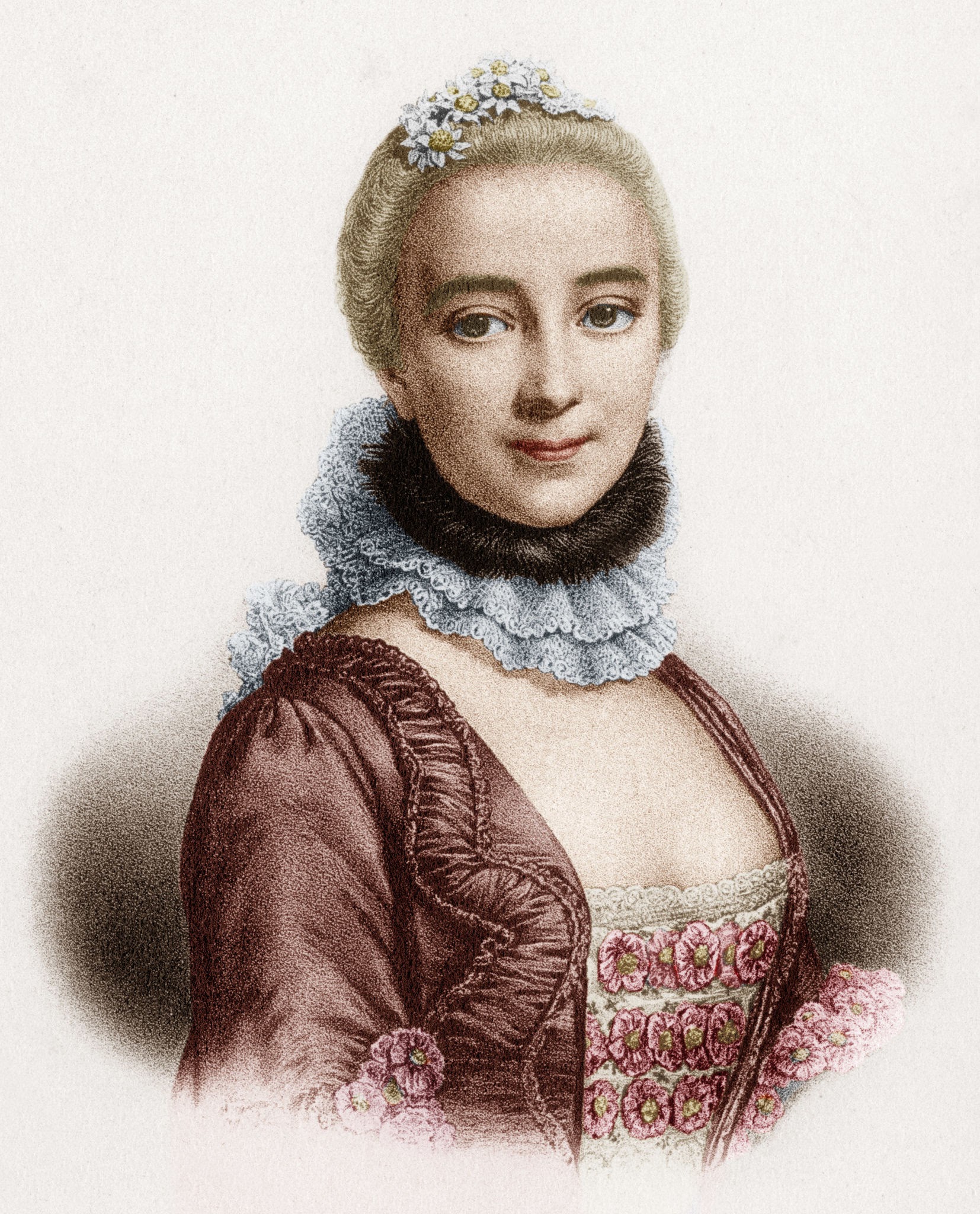
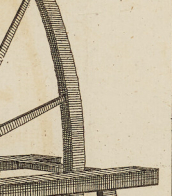
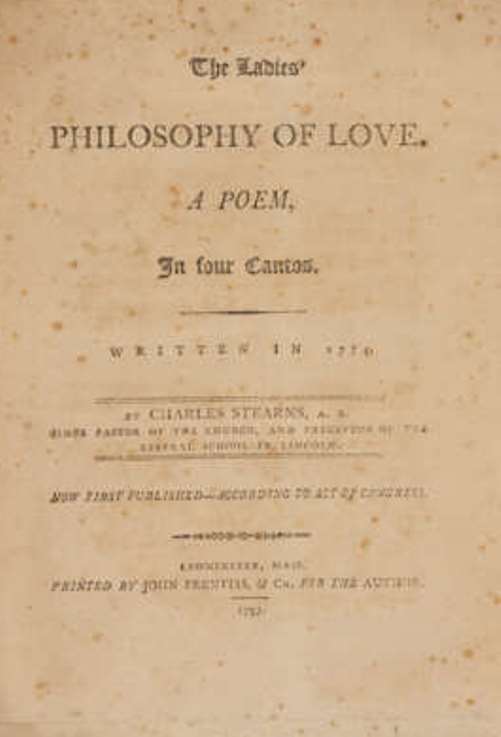
Charles Stearns was an American clergyman and doctor of philosophy.
Rev. Charles Stearns graduated from Harvard College and served the Congregational Church in Lincoln from late 1781 until his death. Several of his sermons were printed in the early 19th century.
In addition, Stearns was principal of the Liberal School, which opened in early 1793, a relatively progressive coeducational institution. While working at the school, Stearns wrote and published a number of works related to education, including Dramatic Dialogues for the Use of Schools (1798), a collection of thirty original plays that were performed by students.
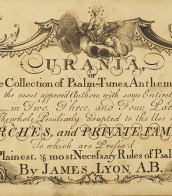

Isaac Newton was an English mathematician, physicist, astronomer, alchemist, theologian, and author (described in his time as a "natural philosopher"), widely recognised as one of the greatest mathematicians and physicists and among the most influential scientists of all time. He was a key figure in the philosophical revolution known as the Enlightenment. His book Philosophiæ Naturalis Principia Mathematica (Mathematical Principles of Natural Philosophy), first published in 1687, established classical mechanics. Newton also made seminal contributions to optics, and shares credit with German mathematician Gottfried Wilhelm Leibniz for developing infinitesimal calculus.
In the Principia, Newton formulated the laws of motion and universal gravitation that formed the dominant scientific viewpoint until it was superseded by the theory of relativity. Newton used his mathematical description of gravity to derive Kepler's laws of planetary motion, account for tides, the trajectories of comets, the precession of the equinoxes and other phenomena, eradicating doubt about the Solar System's heliocentricity. He demonstrated that the motion of objects on Earth and celestial bodies could be accounted for by the same principles. Newton's inference that the Earth is an oblate spheroid was later confirmed by the geodetic measurements of Maupertuis, La Condamine, and others, convincing most European scientists of the superiority of Newtonian mechanics over earlier systems.

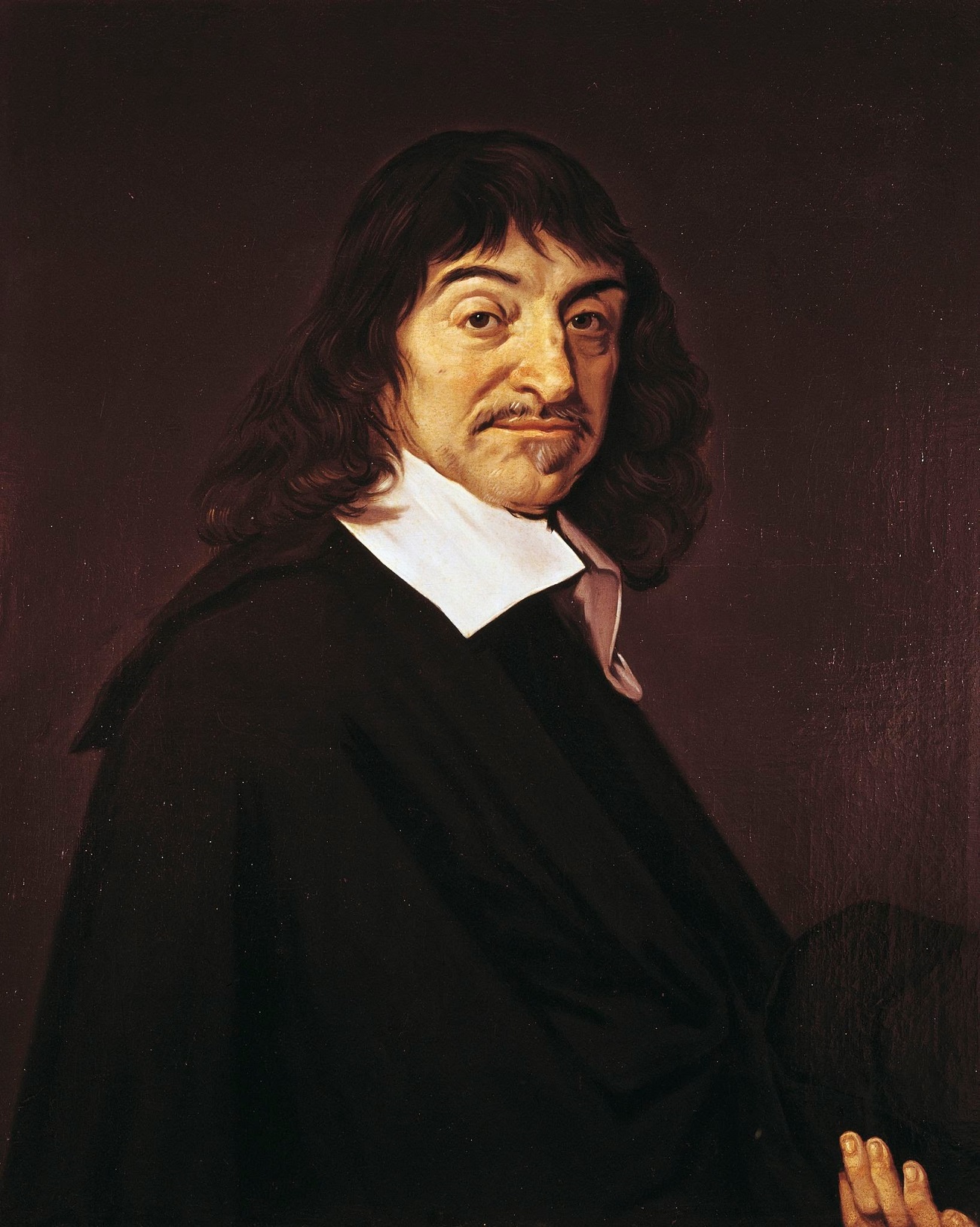
René Descartes was a French philosopher, mathematician, and natural scientist who is considered the founder of modern philosophy.
Descartes was a very versatile scientist: besides numerous philosophical reflections, he wrote works on optics, meteorology and geometry. Contemporaries noted his extensive knowledge in many sciences. Descartes owns the famous saying "I think, therefore I exist" (best known in the Latin formulation "Cogito, ergo sum", although it was originally written in French: "Je pense, donc je suis").
He developed a metaphysical dualism that radically distinguished between mind, whose essence is thought, and matter, whose essence is extension in three dimensions. Descartes' metaphysics is rationalistic, based on the postulation of innate ideas of mind, matter, and God, but his physics and physiology, based on sense experience, are mechanistic and empirical.
Unlike his scientific predecessors, who felt a holy awe at the incomprehensibility of the divine essence of the universe, Descartes admired the ability of the human mind to understand the cosmos and to generate happiness itself, and rejected the view that human beings were inherently unhappy and sinful. He believed that it was inappropriate to pray to God to change the state of things and the world; it was much more productive to change oneself.
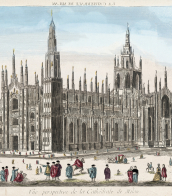


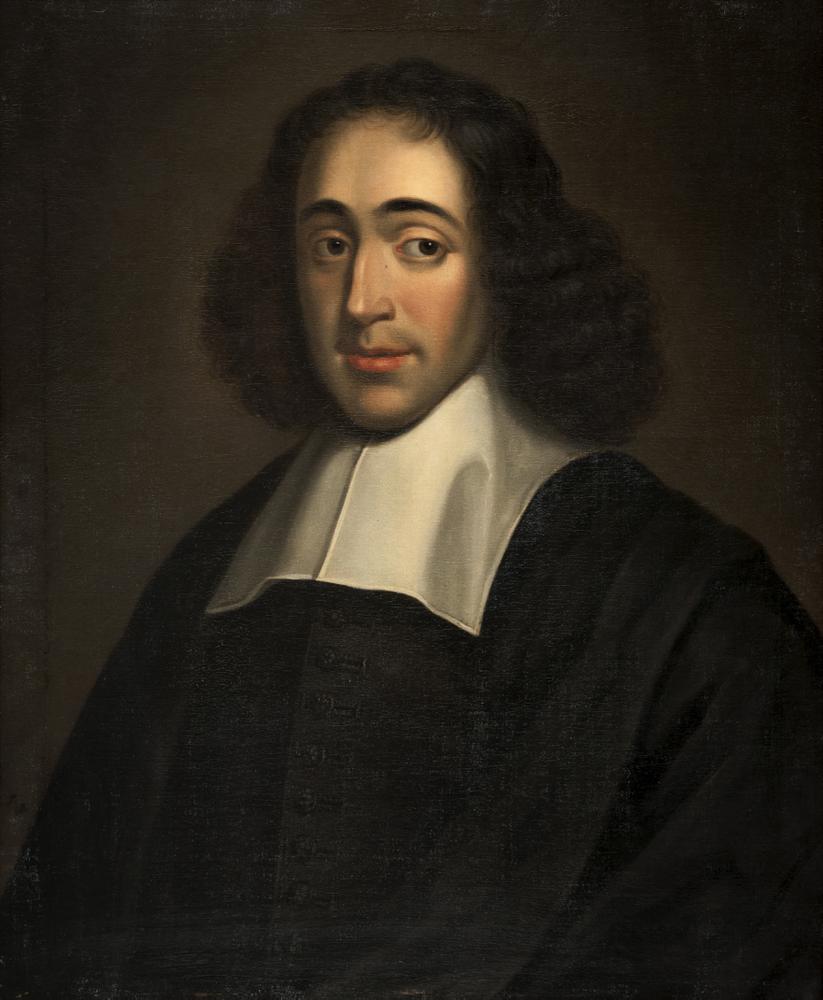
Benedictus Spinoza (Spanish: Baruj Espinosa) at birth Baruch Spinoza is a Dutch philosopher-rationalist of Jewish origin, a bright representative of the Age of Enlightenment.
Spinoza was born into a family of Portuguese Jews in Amsterdam, who converted to Christianity but returned to Judaism. As a young man, he was considered an outstanding Talmudic scholar and a promising religious scholar. But, inspired by the philosophical writings of René Descartes and Francis Bacon, the young philosopher soon fell outside the orthodox tradition because of his radical views. In 1656 he was severely excommunicated for heresy.
For the rest of his life, Spinoza spent his modest life grinding lenses and privately teaching philosophy, but he also wrote anonymously published philosophical treatises and secretly exchanged letters with many philosophically inclined luminaries of the wider European Enlightenment. Spinoza's only book, published in 1663 in Amsterdam under his own name, was Renati Des Cartes Principiorum Philosophiae Pars I, & II, More Geometrico demonstrate (Principles of Cartesian Philosophy). These principles served as a preparatory work for many metaphysical views in his most important treatise, Ethics (1677).
Benedict Spinoza defended the philosophical life from religious persecution and advocated a new, liberal, democratic regime to support that life. Although Spinoza was often persecuted as an atheist in his time, his writings played an important role in shaping philosophy, theology, and politics in the centuries to come. Of all the philosophers of the seventeenth century, Spinoza is one of the most relevant today.
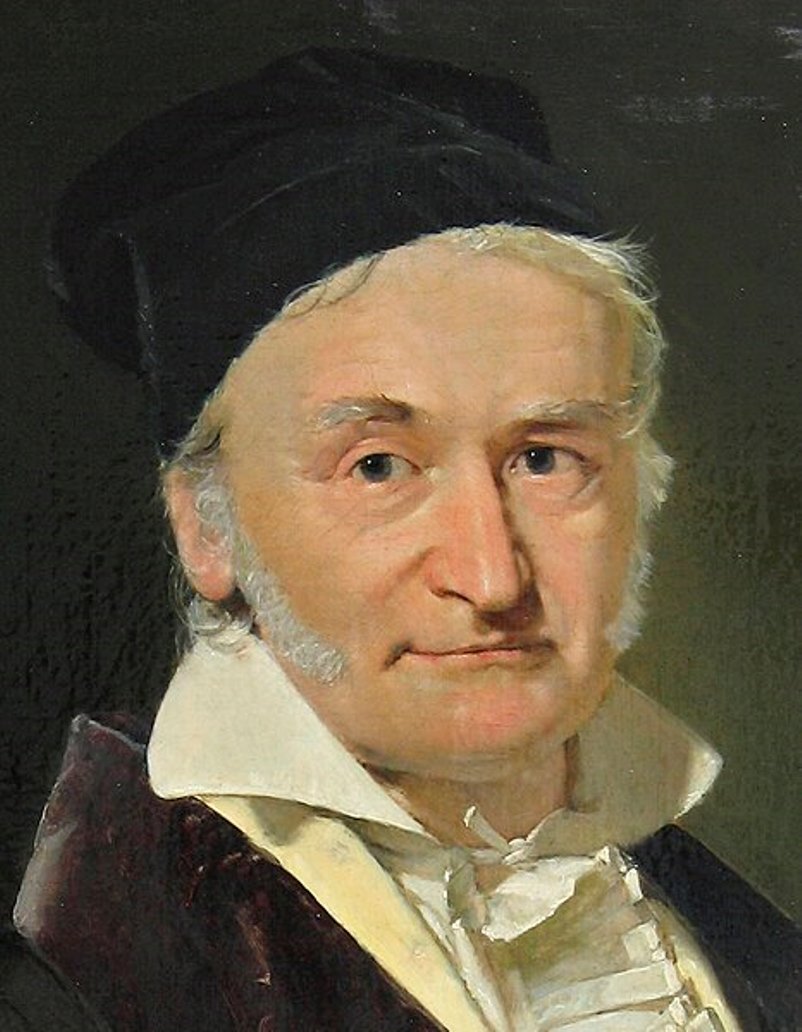

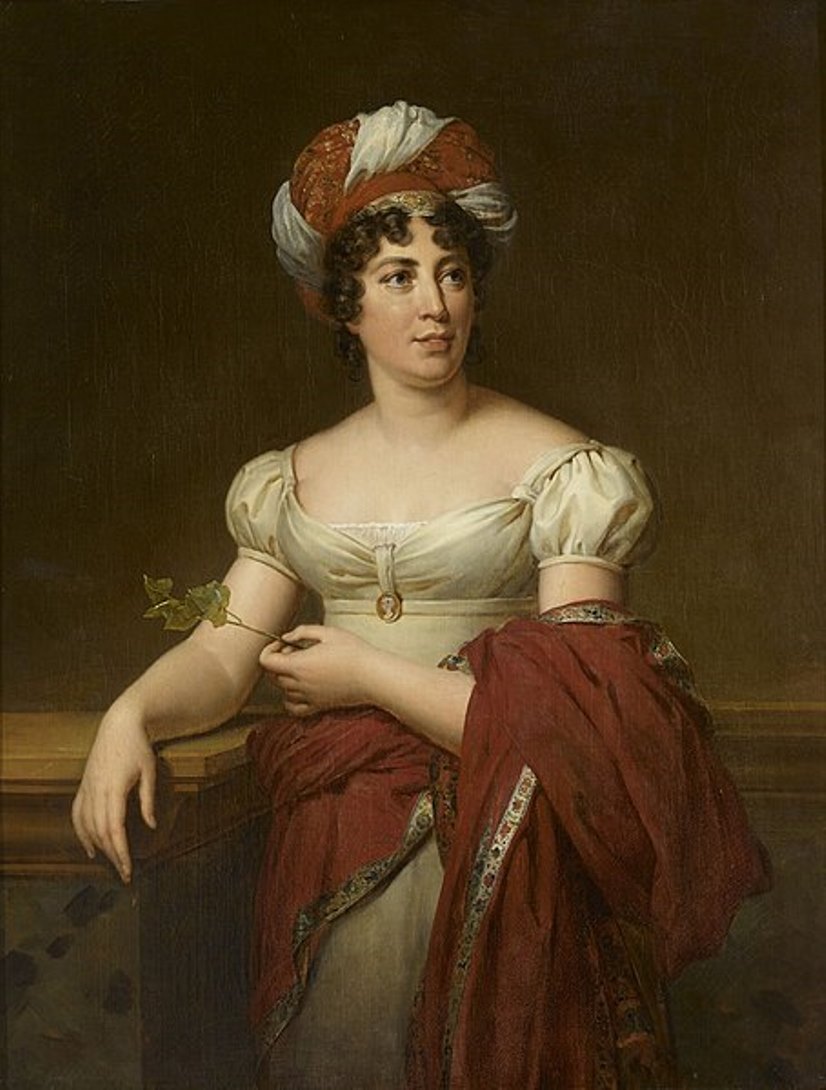
Anne-Louise-Germaine Necker, Baroness of Staël-Holstein, known as Madame de Staël, was a French writer, literary theorist, and publicist.
She was born into a Swiss family where her father was a banker and then finance minister to King Louis XVI, and her mother ran a brilliant literary and political salon in Paris where Voltaire, Diderot, and Hume frequented. Young Necker received a brilliant education, she absorbed the intellectual environment with great curiosity, becoming a witty and well-read conversationalist.
In 1786, she married the Swedish ambassador to Paris, Baron Eric de Staël-Holstein. It was a marriage of convenience, which ended in 1797 formal divorce.
Madame de Staël became known not only for her stunning and versatile works, but also for her enormous influence on the intellectual climate of that 19th century. During her lifetime she was known as a novelist, but she became much more famous as a political philosopher, literary critic, and theorist of Romanticism. Madame de Staël was an implacable opponent of Napoleon I and traveled around Europe for a decade during his reign from 1803. In 1810, the writer published one of her most famous and influential works, On Germany. She returned to Paris in 1814, after the fall of Napoleon, and wrote "Reflections on the Principal Events of the French Revolution."
In her travels, Madame de Staël met many politicians, artists and writers and was known for her cosmopolitanism and feminism. Madame de Staël epitomized the European culture of her time, combining ideas from neoclassicism to romanticism in her glittering salon for leading intellectuals.

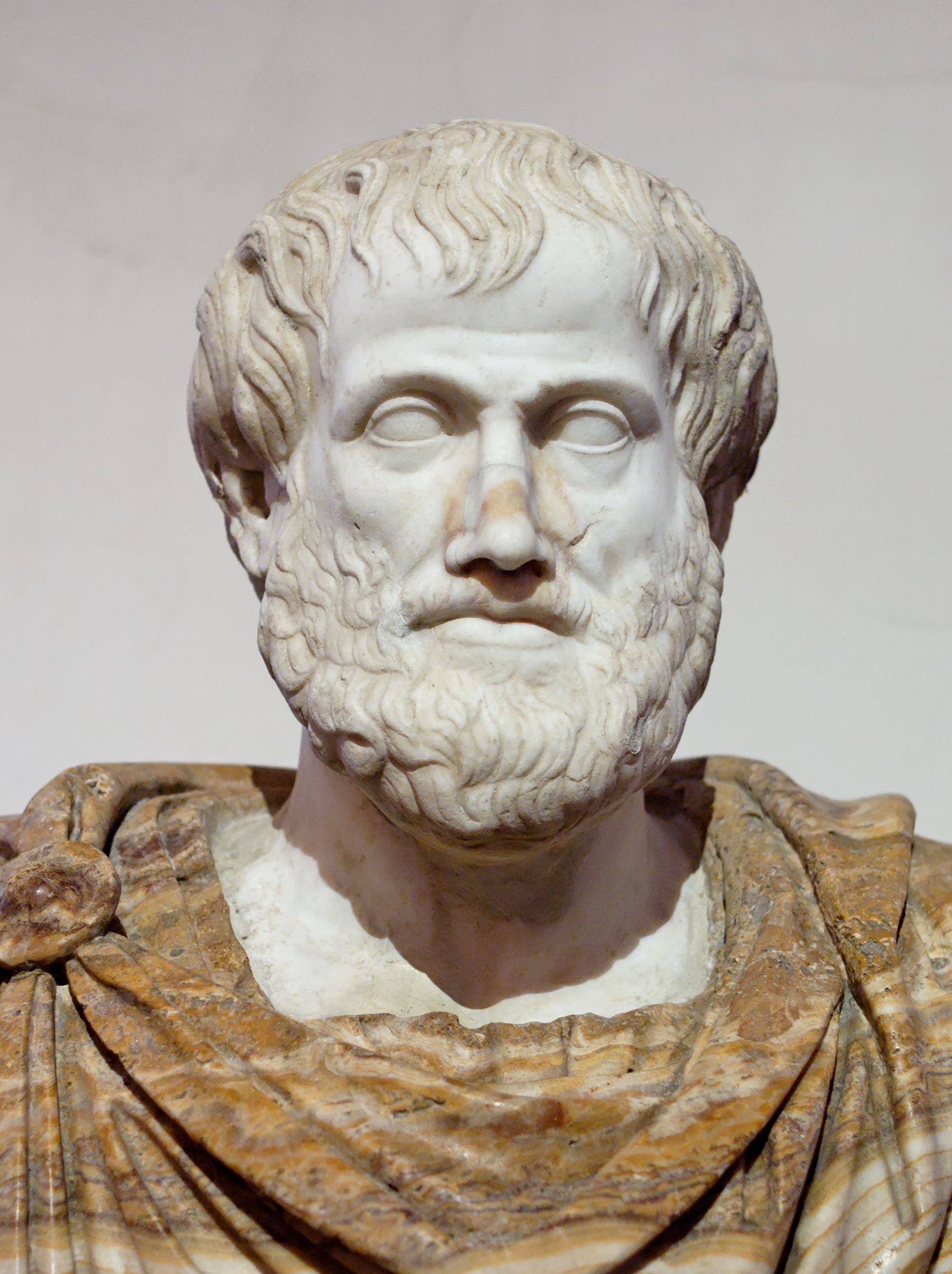
Aristotle (Greek: Ἀριστοτέλης) was an Ancient Greek philosopher and polymath, renowned for his profound impact on Western philosophy and science. Born in Stagira, Chalcidice, Aristotle's intellectual ventures spanned a multitude of subjects, including but not limited to physics, metaphysics, poetry, theater, music, logic, rhetoric, politics, government, ethics, biology, and zoology.
Educated in Plato's Academy in Athens, Aristotle distinguished himself as a scholar of vast knowledge and influence. His foundational works laid the groundwork for the development of modern science, while his teachings on logic and the syllogistic method continue to resonate in the realm of philosophy. As the tutor of Alexander the Great and the founder of the Lyceum in Athens, Aristotle's legacy extends beyond his prolific writings, with his teachings shaping medieval scholarship and influencing both Judeo-Islamic and Christian theologies.
Among Aristotle's notable works, his treatises such as "Nicomachean Ethics," "Politics," "Metaphysics," and "Poetics" have been studied for centuries. His concept of the "Golden Mean," advocating for a balanced and moderate approach to life, remains a cornerstone of ethical philosophy. His ideas on the "Prime Mover" and empirical evidence as a basis for understanding the world laid the foundation for scientific inquiry. Although only about a third of his original output has survived, Aristotle's contributions continue to be a subject of academic study and admiration.
For collectors and experts in art and antiques, the philosophical and scientific principles of Aristotle's works are not just historical artifacts but living ideas that continue to shape our understanding of the world and our place within it. His insights into the "good life" and the pursuit of happiness are as relevant today as they were in ancient Greece.
If you wish to stay informed about new product sales and auction events related to Aristotle, sign up for updates. This subscription is your gateway to the latest scholarly works, collections, and auctions connected to the great philosopher's legacy.

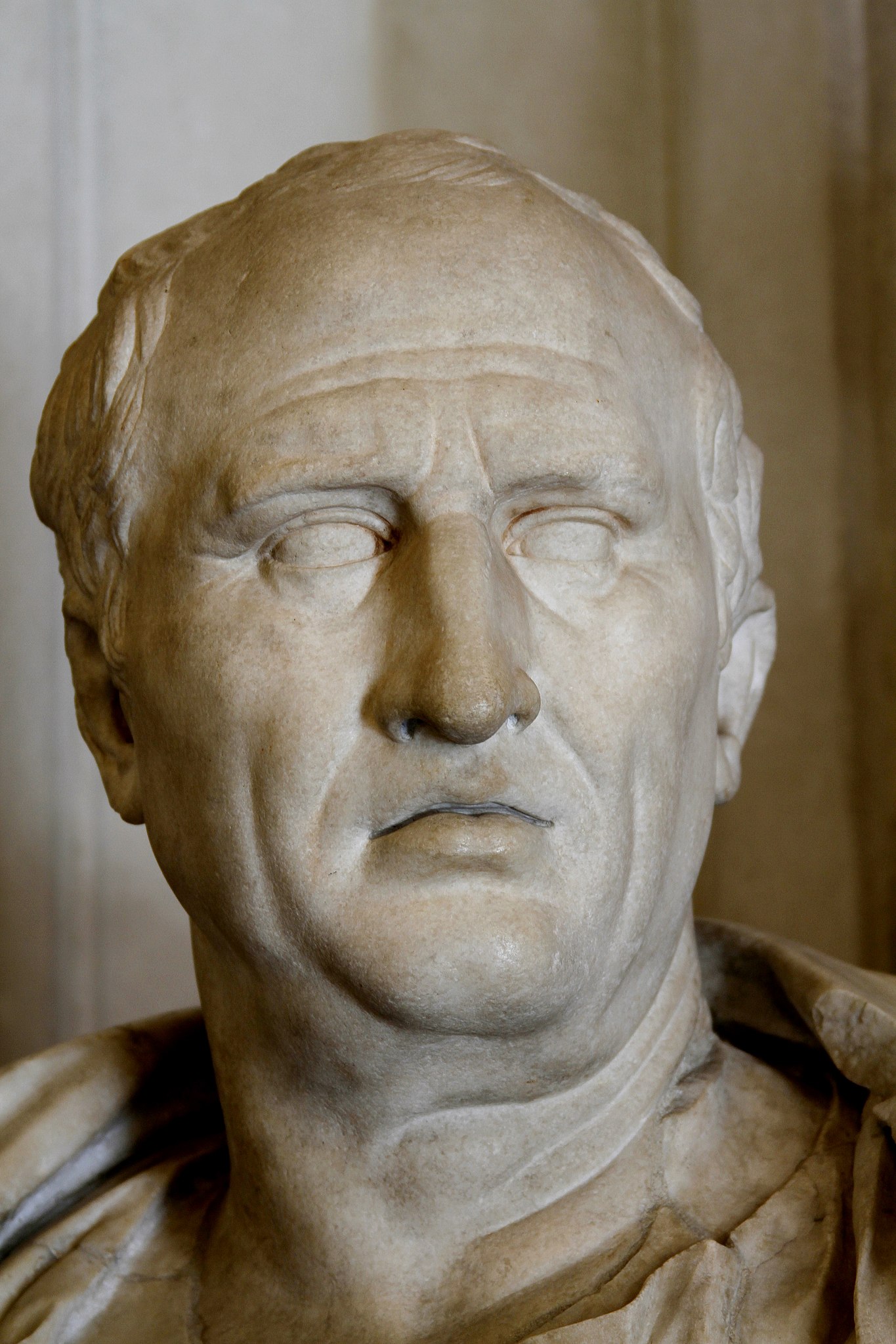
Marcus Tullius Cicero was a Roman statesman, lawyer, scholar, philosopher, and academic skeptic, who tried to uphold optimate principles during the political crises that led to the establishment of the Roman Empire. His extensive writings include treatises on rhetoric, philosophy and politics. He is considered one of Rome's greatest orators and prose stylists. He came from a wealthy municipal family of the Roman equestrian order, and served as consul in 63 BC.
His influence on the Latin language was immense. He wrote more than three-quarters of extant Latin literature that is known to have existed in his lifetime, and it has been said that subsequent prose was either a reaction against or a return to his style, not only in Latin but in European languages up to the 19th century. Cicero introduced into Latin the arguments of the chief schools of Hellenistic philosophy and created a Latin philosophical vocabulary with neologisms such as evidentia, humanitas, qualitas, quantitas, and essentia, distinguishing himself as a translator and philosopher.
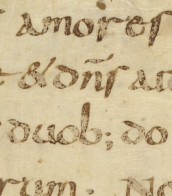
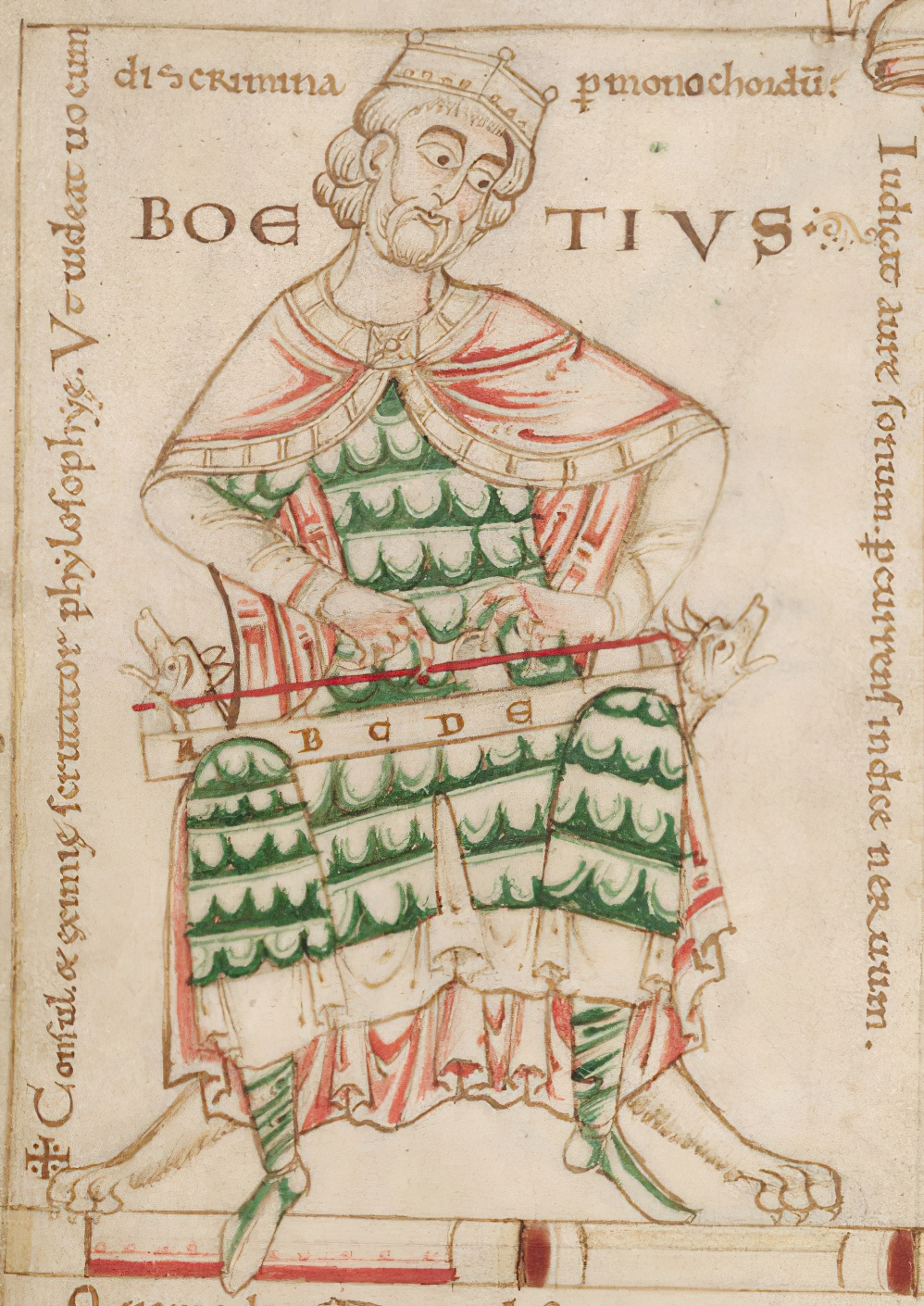
Anicius Manlius Severinus Boethius, commonly known as Boethius (Latin: Boetius), was an Italian senator, consul, magister officiorum, historian, and philosopher of the Early Middle Ages. He was a central figure in the translation of the Greek classics into Latin, a precursor to the Scholastic movement, and, along with Cassiodorus, one of the two leading Christian scholars of the 6th century.

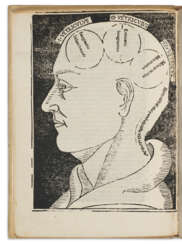


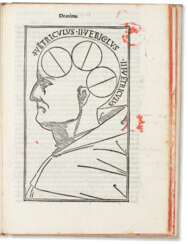



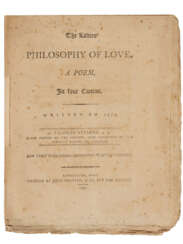










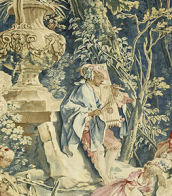
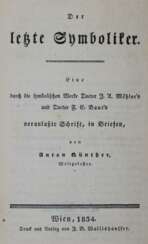

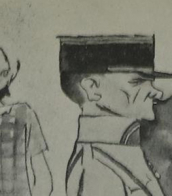



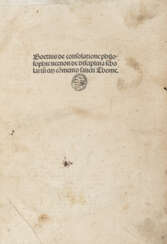

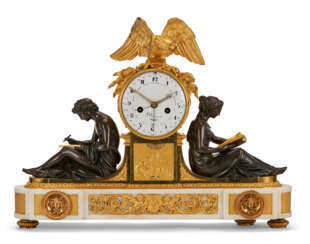

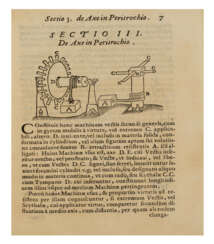

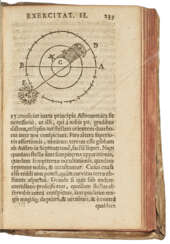

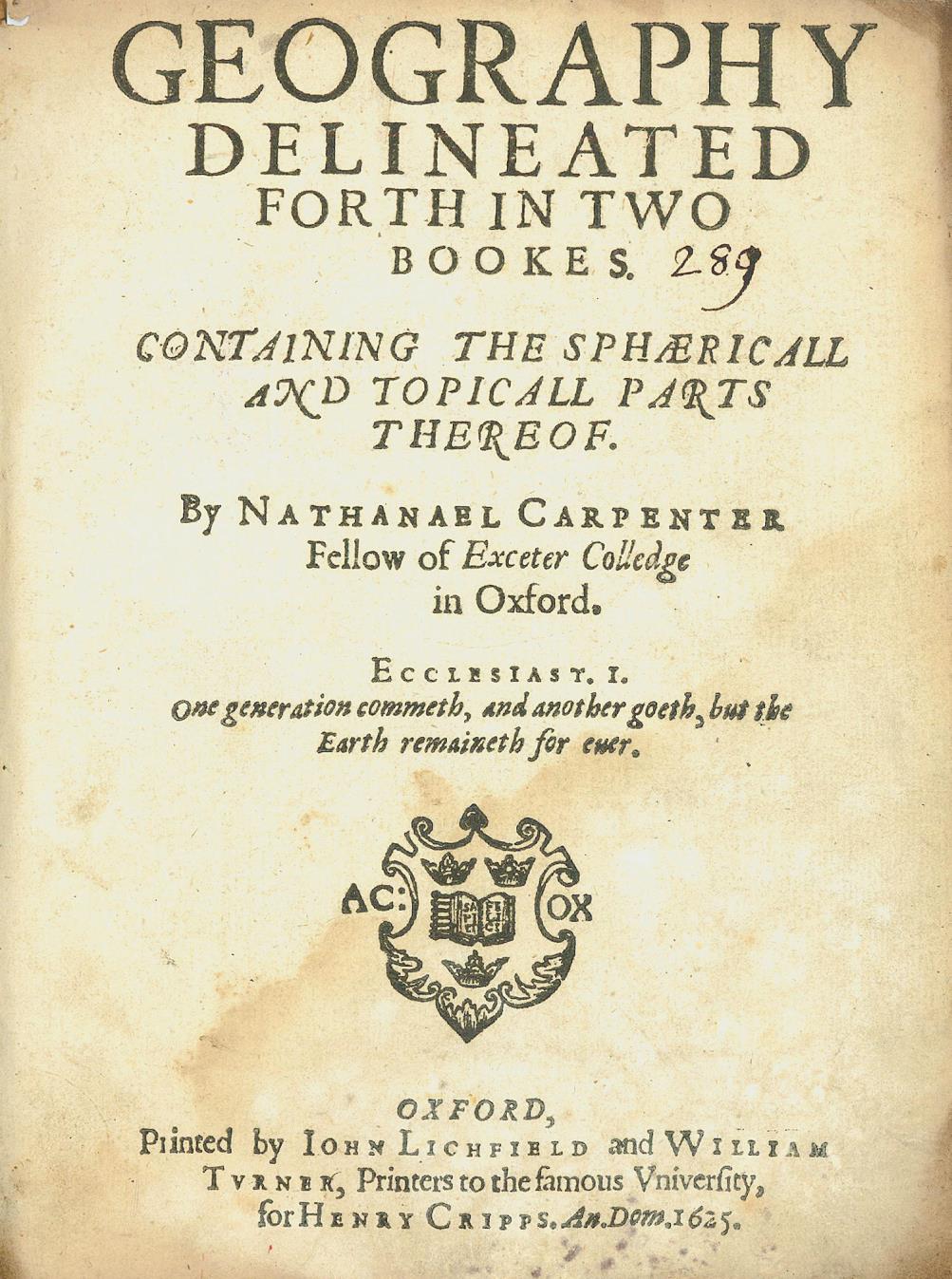

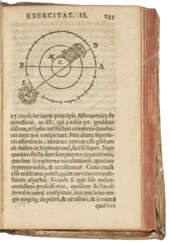




![Льюис, Дж.Г. История философии: (Biographical history of philosophy): Пер. с посл. англ. изд.: С прил. ст. В.Д. Вольфсона о жизни и учении Шопенгауэра и Гартмана / Дж. Льюис; [Предисл.: Владимир Вольфсон]. — 2-е изд.](/assets/image/picture_1905589/1d600/p7fcmeerrruqq7-azzmh1mzpnyfhwfg9-kezgwctfp58koewtn4yq-hpixe4h2h1639497058jpg__fix_374_244.jpeg)
![Льюис, Дж.Г. История философии: (Biographical history of philosophy): Пер. с посл. англ. изд.: С прил. ст. В.Д. Вольфсона о жизни и учении Шопенгауэра и Гартмана / Дж. Льюис; [Предисл.: Владимир Вольфсон]. — 2-е изд.](https://veryimportantlot.com/assets/image/picture_1905589/1d600/p7fcmeerrruqq7-azzmh1mzpnyfhwfg9-kezgwctfp58koewtn4yq-hpixe4h2h1639497058jpg__fix_374_244.jpeg)
